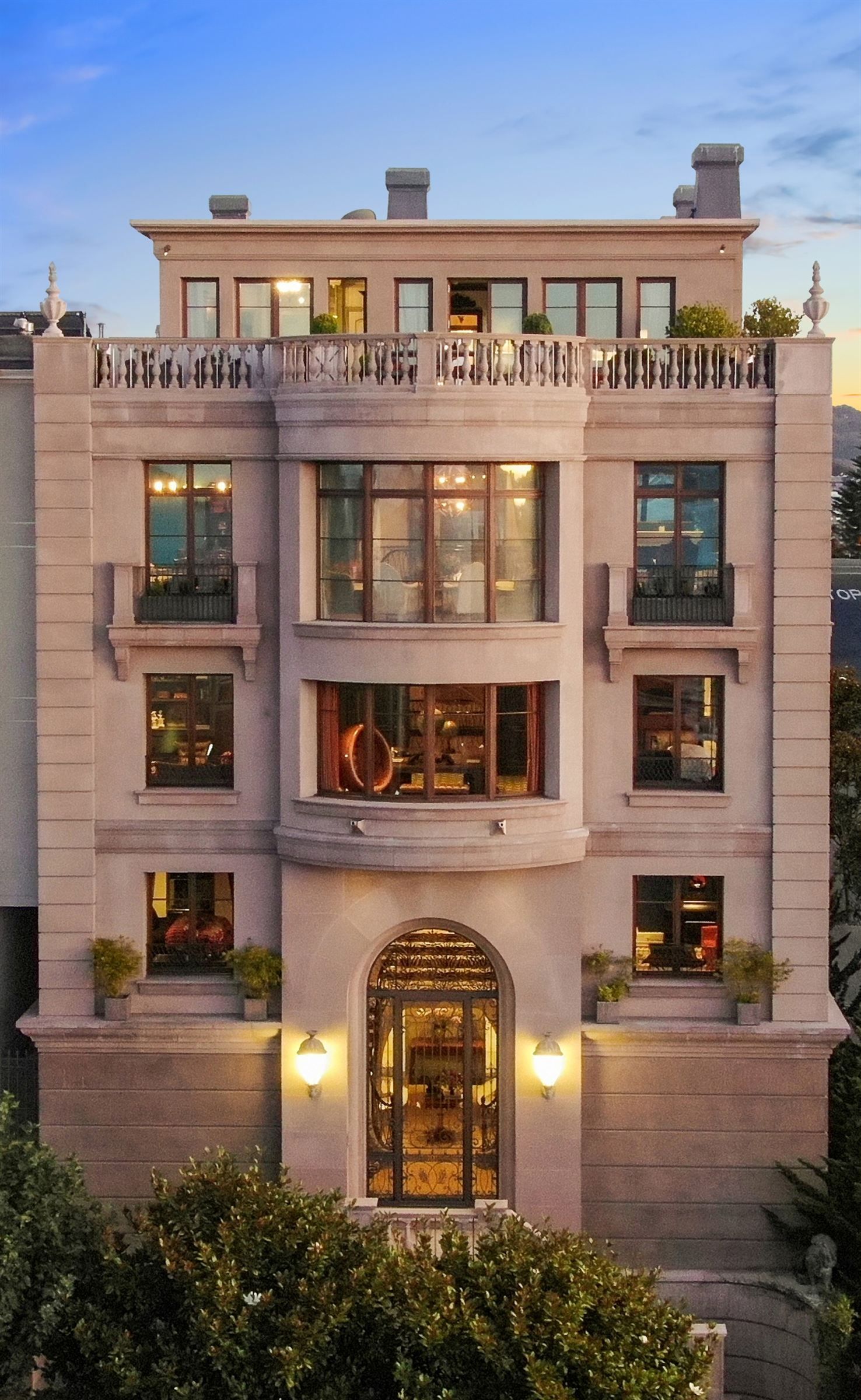AI Wealth Fuels San Francisco's Luxury Home Dilemma
San Francisco faces a mansion shortage driven by AI sector wealth, causing a surge in luxury home demand and highlighting broader housing market challenges.

San Francisco's AI-Driven Mansion Shortage: A Conundrum of Wealth and Demand
San Francisco, known for its vibrant tech industry, is facing an unexpected challenge: a mansion shortage. This shortage is largely driven by the booming artificial intelligence (AI) sector, which has injected significant wealth into the city. The AI boom has led to a surge in demand for luxury homes, causing existing listings to receive multiple offers quickly and leaving potential buyers scrambling for available properties.
The AI Boom and Its Impact
The AI industry's rapid growth in the Bay Area has brought about a wave of new wealth, transforming San Francisco's real estate landscape. CBRE predicts that this boom will attract more than 50,000 tech workers to the city by the end of the decade, further exacerbating the demand for high-end housing. The influx of affluent buyers, many of whom are cashing in on successful AI ventures, has resulted in a 14% year-over-year increase in luxury home sales. However, this growth is occurring against a backdrop of dwindling inventory, with luxury listings down by about 4.5% compared to the previous year.
Market Dynamics and Challenges
The mansion shortage is not just a matter of supply and demand; it also reflects broader trends in the San Francisco housing market. For instance, many homeowners are hesitant to sell, contributing to the multiyear lack of high-end inventory. This reluctance to move is partly due to the uncertainty surrounding the economic outlook and the appeal of holding onto valuable properties in a rapidly appreciating market.
Moreover, some potential buyers are opting for rental properties as a temporary solution. This trend is driven by uncertainty about the future, including economic stability and personal circumstances. As a result, luxury rental agreements are becoming increasingly common, with some tenants agreeing to significant rent increases to maintain their current living arrangements.
Statistical Overview
- Year-over-Year Sales Increase: Luxury home sales have risen by 14%, while overall home sales in San Francisco increased by 4.2% from June to August.
- Inventory Decrease: Luxury listings are down by about 4.5% year-over-year.
- Pending Ratio: San Francisco's pending ratio, which compares demand to supply, jumped by 15 percentage points, indicating a highly competitive market.
- Future Projections: Zillow forecasts a slight decrease in home prices by the end of 2025, suggesting a cooling market.
Context and Implications
The mansion shortage in San Francisco highlights the broader challenges facing the city's housing market. While the AI boom has revitalized the luxury segment, it also underscores the need for more housing inventory to meet the growing demand. This shortage is part of a larger California housing shortage, where the state faces a significant deficit in available units.
In the coming years, the impact of the AI industry on San Francisco's housing market will continue to evolve. As more tech workers arrive, the demand for luxury properties is likely to remain strong. However, whether this demand can be met remains uncertain, especially given the forecasted cooling of the overall market.
Future Outlook
Looking ahead, the San Francisco housing market is expected to continue its dynamic shift. While the AI-driven boom is currently driving up demand, market forecasts suggest a potential cooling down in the near future. This could lead to a more balanced market, offering buyers slightly more options and potentially easing the pressure on luxury listings. Nonetheless, the underlying issue of a shortage in high-end housing will likely persist unless there is a significant increase in new construction or homeowners decide to sell.
In conclusion, San Francisco's mansion shortage is a symptom of the city's thriving tech industry and the wealth it generates. As the AI sector continues to grow, the real estate market will face ongoing challenges in meeting the demand for luxury homes. Addressing these issues will require innovative solutions, including increased housing supply and creative approaches to meet the evolving needs of affluent buyers.



